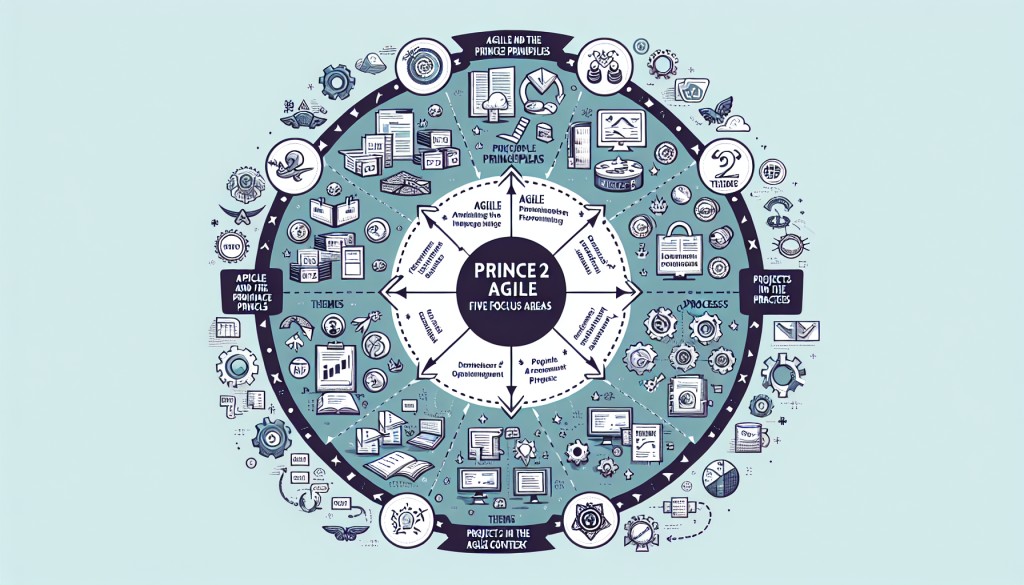The evolution of modern project management through agile practices has been a transformative journey in the world of business and technology. Agile methodologies have revolutionised the way projects are planned, executed, and delivered, leading to increased efficiency, flexibility, and collaboration among teams.
Historically, project management was often rigid and linear, with a focus on detailed planning and strict adherence to timelines and deliverables. This traditional approach worked well for many years, but as technology and business landscapes evolved, it became clear that a more adaptive and responsive methodology was needed.
Enter agile practices. Incorporating Agile Strategies for Effective Project Outcomes . Agile project management is based on the principle of iterative and incremental development, allowing teams to adapt to changing requirements and priorities throughout the project lifecycle. This flexible approach enables teams to deliver high-quality products or services quickly and efficiently, while also fostering a culture of continuous improvement and learning.
One of the key components of agile project management is the emphasis on collaboration and communication. By breaking down projects into smaller, more manageable tasks and involving all team members in the decision-making process, agile teams are able to work more cohesively and efficiently towards a common goal. This collaborative approach not only leads to better outcomes but also fosters a sense of ownership and accountability among team members.

Another important aspect of agile practices is the focus on delivering value to the customer. By prioritising customer feedback and incorporating it into the development process, agile teams are able to create products and services that meet the needs and expectations of their target audience. This customer-centric approach not only leads to higher satisfaction levels but also fosters long-term relationships and loyalty.
Overall, the evolution of modern project management through agile practices has been a game-changer for businesses of all sizes and industries. By embracing agility, organisations can adapt to changing market conditions, respond quickly to customer feedback, and deliver high-quality products and services that drive growth and success. Agile practices have truly revolutionised the way projects are managed and will continue to shape the future of project management for years to come.